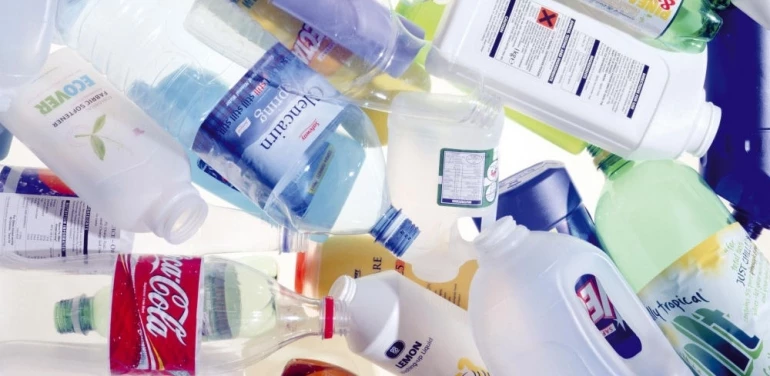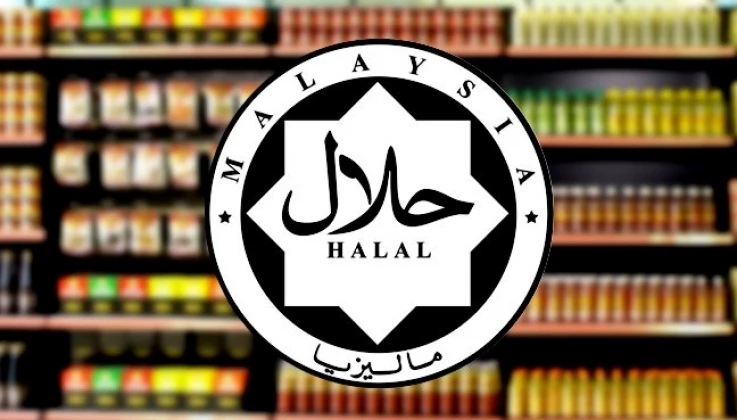Certification of products (services, works) can be carried out in two directions on a mandatory and voluntary basis.
- Mandatory certification - is the confirmation of compliance of products, processes and services with the mandatory requirements of regulatory documents by a specially authorized body.
Mandatory certification is carried out for products and services related to the protection of the environment, ensuring the safety of human life, health and property. Compliance with the requirements for these goods established by law is mandatory for all producers.
- Voluntary certification - is a certification carried out on a voluntary basis at the initiative of the manufacturer (executor, seller, supplier), consumer of the product, as well as government agencies (customer).
Voluntary certification is carried out in cases where the state does not provide for compliance with the requirements of existing standards and other normative documents for products, processes and services. Voluntary certification is carried out for products that do not have mandatory safety requirements. In addition, voluntary certification is based on reliability, aesthetics, ergonomics, economy, etc. restricts the release of low-quality goods to the market by checking the indicators. In this case, voluntary certification does not replace mandatory certification, and its results were not grounds for banning the release of the product.




























